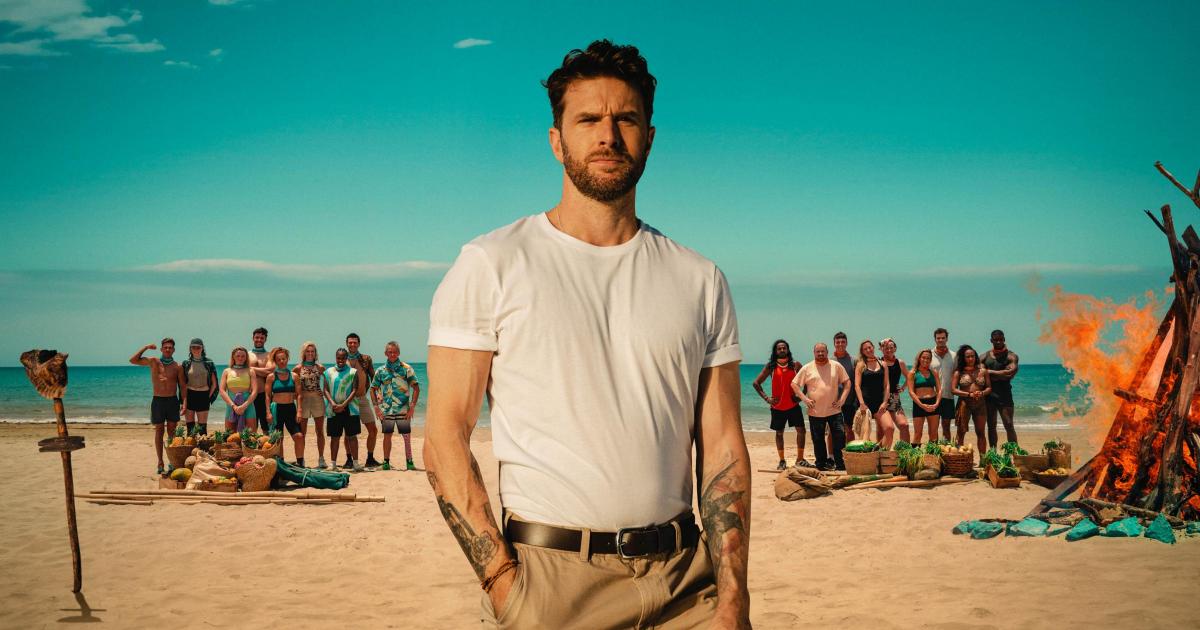
The BBC’s decision to cancel the reboot of Survivor UK after just one season has sparked debate across the entertainment world. Despite high expectations and a colossal production budget, the show didn’t secure the anticipated viewership numbers. Let’s dive into what went wrong and why this revival didn’t resonate with UK audiences.
The Revival of Survivor UK
After more than 20 years, Survivor made its return to UK television screens in 2023 on BBC One. Originally airing on ITV in 2001/02, the format remained consistent: contestants were sent to a tropical location, divided into tribes, and pitted against one another in grueling physical and mental challenges, all in the hopes of being crowned the “sole survivor.” Joel Dommett, a familiar face in British entertainment, was brought on as host. Despite the nostalgic appeal and modern twist, the series failed to connect with today’s audience.
An Expensive Gamble
According to reports from The Sun, the series carried a staggering production cost of £30 million, making it one of the most expensive reality TV shows the BBC has ever produced. Filming took place in the Dominican Republic during the summer of 2023, offering a stunning tropical backdrop. Yet, even a prime slot directly after Strictly Come Dancing couldn’t save its viewership numbers. It averaged just 2.6 million viewers per episode, far below expectations.
Host Joel Dommett Shares Insights
In an interview with The Sun, Dommett expressed his disappointment about the show’s fate: “It just shows you how nothing is a given in telly. I thought Survivor would be huge. I thought that would be my job for the next 20 years.” The show’s cancellation illustrates the unpredictable nature of the television industry, where even big-budget projects can flop unexpectedly.
Why Did It Fail?
While Survivor remains beloved globally, the UK’s version struggled to find traction. Critics and insiders suggest that the format might have felt dated to audiences accustomed to more fast-paced or experimental reality TV. Additionally, it faced stiff competition in a crowded entertainment landscape, offering viewers plenty of alternatives.
A BBC source commented, “Execs just can’t get their head around why the UK just can’t find any love for a format which is beloved around the globe.” Despite its global success, the UK edition simply didn’t deliver in terms of ratings.
Looking Forward: The Rise of Streaming Alternatives
While traditional broadcasting like the BBC struggles with such ambitious projects, streaming platforms have continued to dominate the entertainment space. If you’re a fan of adventure reality TV, you might enjoy exploring similar shows on platforms like Netflix, Amazon Prime, or Disney+. For example, check out the Amazon Prime Original World’s Toughest Race: Eco-Challenge Fiji, hosted by Bear Grylls, which offers a fresh take on survival competitions.
The cancellation of Survivor UK stands as a reminder of how challenging it can be for even the most ambitious projects to capture the essence of an evolving audience. As reality TV continues to transform, focusing on fresh concepts and understanding the target audience remains key.



